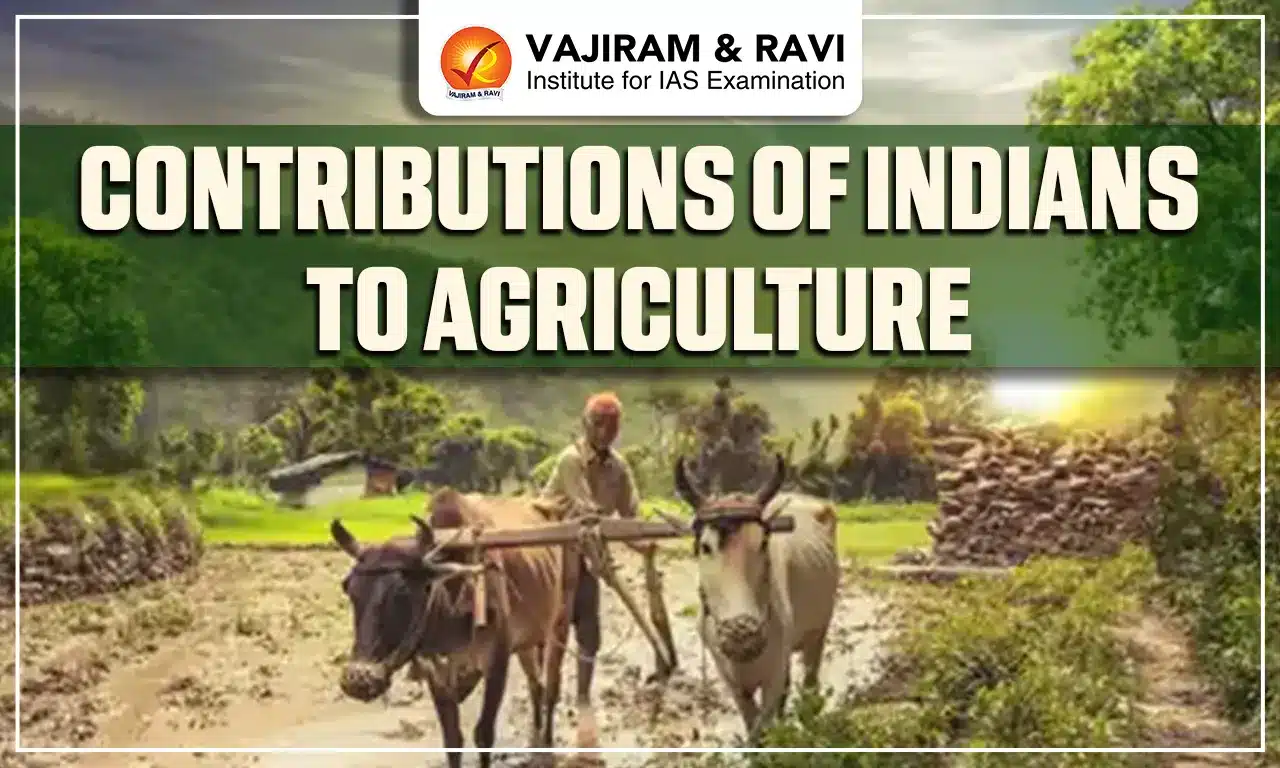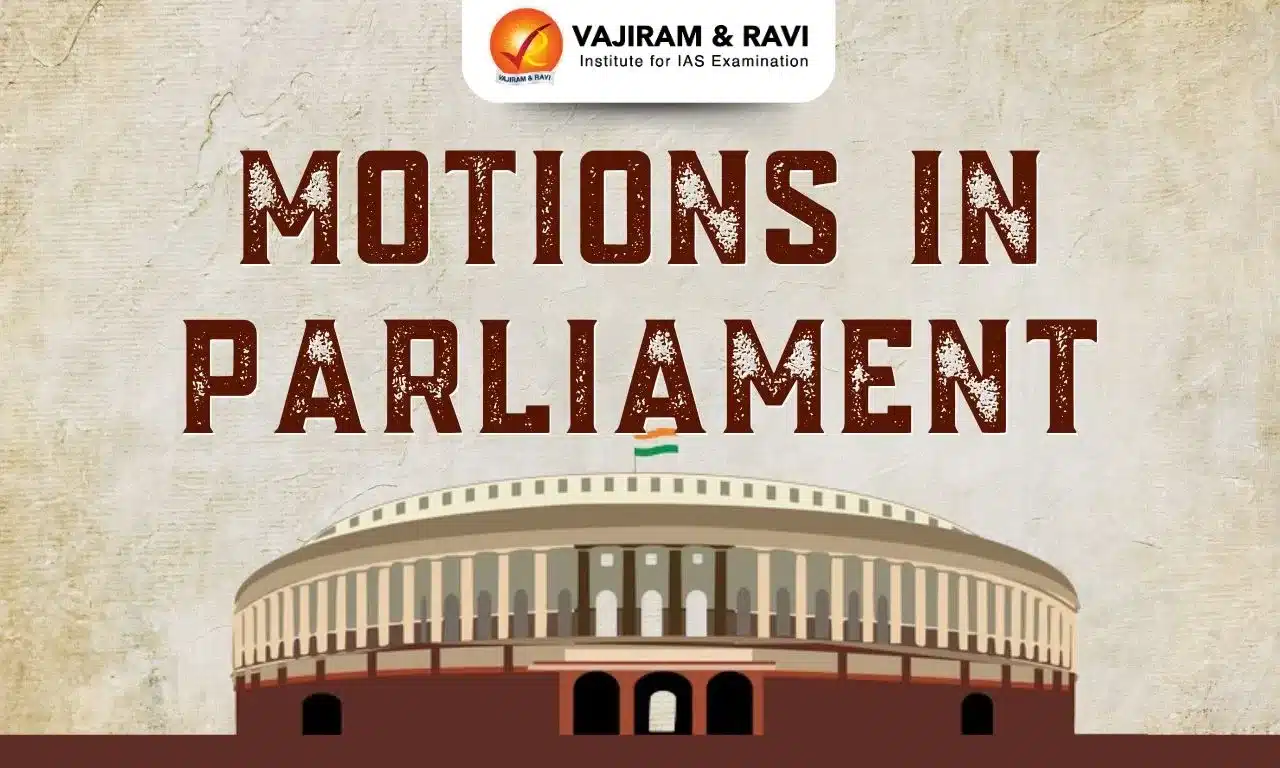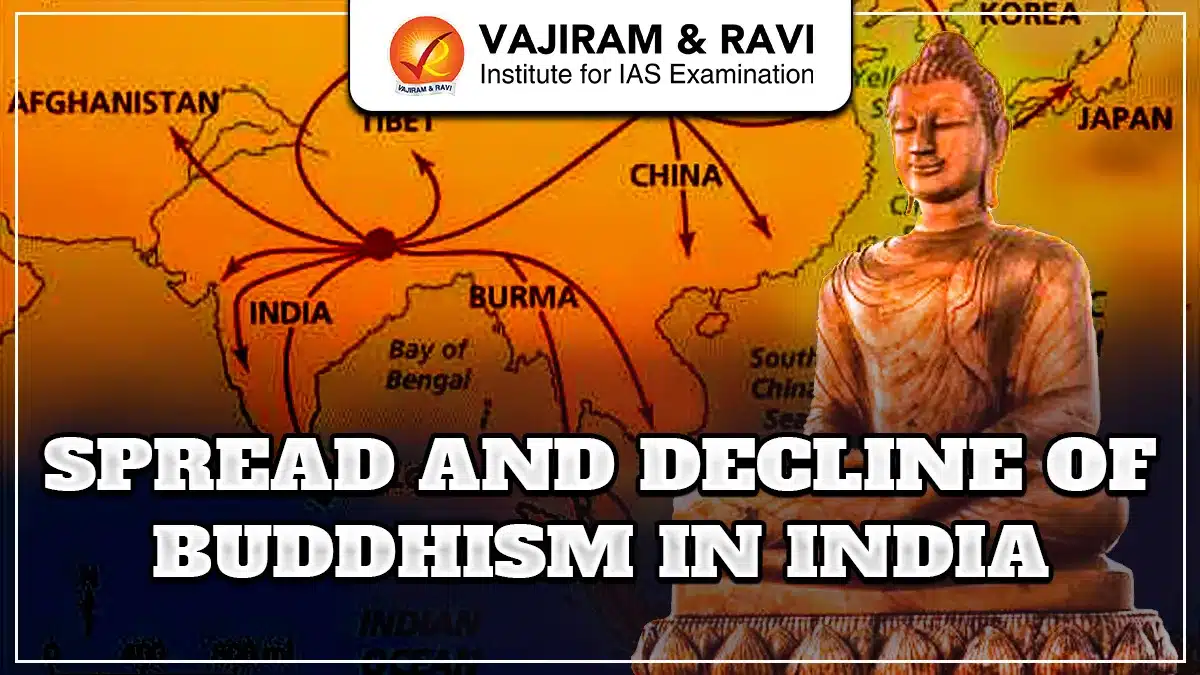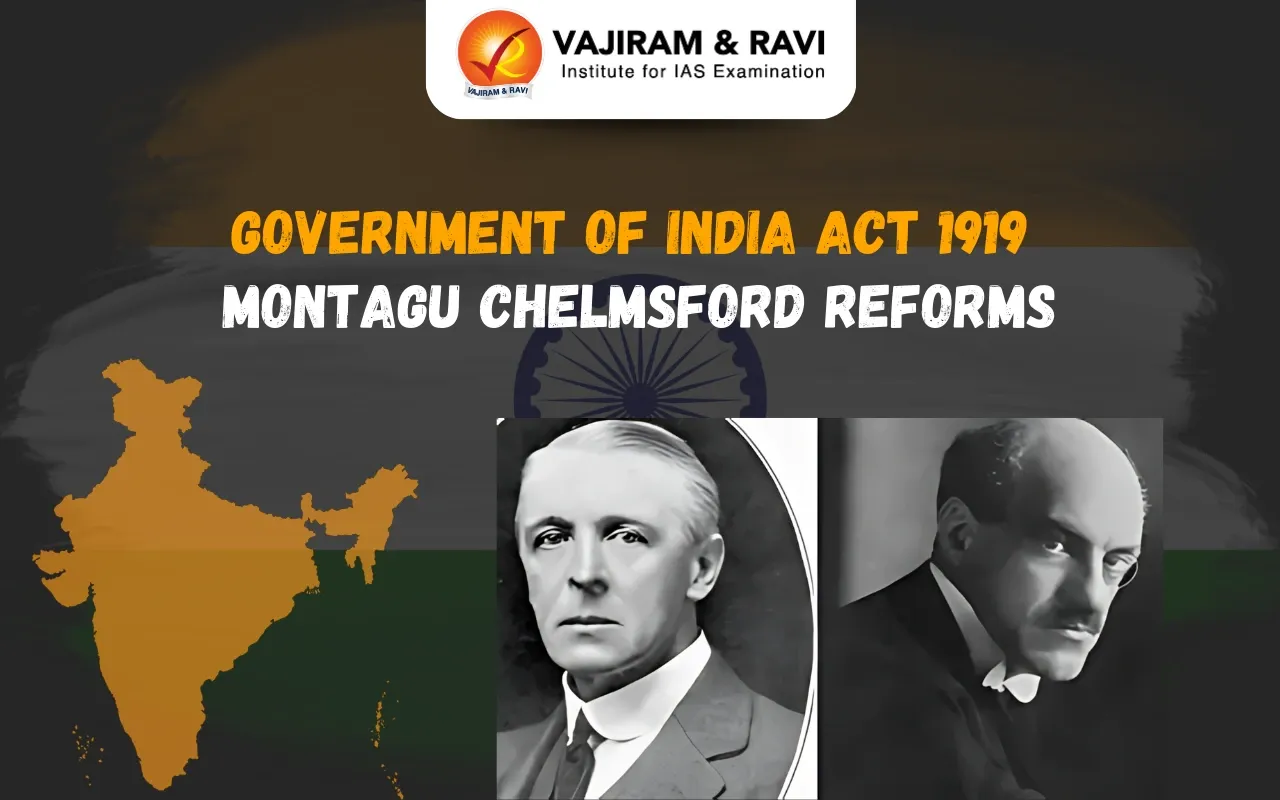Indian agriculture and its allied sectors have witnessed remarkable transformations over the years, with the contribution of pioneering figures like M.S. Swaminathan, Benjamin Peary Pal, Verghese Kurien, Subhash Palekar, and G. Nammalvar. These remarkable individuals and their initiatives have not only boosted agricultural productivity but also paved the way for a more sustainable, resilient, and farmer-centric approach to agriculture in India.
Contributions to Agriculture and Allied Sectors
Agriculture has been the cornerstone of the Indian economy for centuries, and several individuals and institutions have played pivotal roles through various innovations, practices, and research in enhancing agricultural productivity and sustainability.
| Contributions to Agriculture and Allied Sectors | |
|
MS Swaminathan (1925-2023) |
- M.S. Swaminathan (Monkombu Sambasivan Swaminathan) was an Indian agronomist and agricultural scientist and was renowned for his leading role in India’s “Green Revolution”. - Role in Green Revolution:
- Food security: Due to Swaminathan's efforts, India went from being drought-stricken and reliant on US imports in the 1960s to being declared food self-sufficient in 1971.
- Farmer welfare: As the head of the National Commission on Farmers, he issued several reports recommending minimum crop support prices, faster and more inclusive growth, and a comprehensive national policy to address farmer suicides. - Research:
- He was a consistent proponent of sustainable agriculture, emphasising the delicate balance between human progress and ecological sustainability. - Awards: Padma Shri, Padma Bhushan, Padma Vibhushan, Ramon Magsaysay Award and Albert Einstein World Science Award. |
|
Benjamin Peary Pal (1906-1989) |
- He was a famous Indian agronomist and plant breeder. He served as the first Director General of the Indian Council of Agricultural Research from 1965-72. - He was known for his work in wheat genetics and breeding, but he also had an interest in different rose varieties. - He was one of the first scientists to demonstrate the advantages of heterosis breeding in a self-pollinated cereal such as wheat. - He created the bread wheat variety NP 809, which was resistant to all three types of rust, a plant disease. - He also founded the Rose and Bougainvillaea Societies of India and was the editor of the journal of the Indian Society of Genetics and Plant Breeding. - Awards: Padma Shri and Padma Bhushan |
|
Verghese Kurien (1921-2012) |
- He is often referred to as the "Milkman of India" and the "Father of the White Revolution". - White Revolution: From 1965 to 1998, he was the founder Chairman of the National Dairy Development Board. He is the architect of India's White Revolution, which helped the country become the world's largest milk producer. - Revolutionising the dairy sector in India: He was instrumental in establishing the Milk Cooperative movement in the region, initially known as Kaira District Cooperative Milk Producers Union Ltd and later renamed "Amul."
- Operation Flood: Launched in 1970 under Verghese Kurien, Operation Flood has assisted dairy farmers in directing their own development, giving them control over the resources they generate. - Edible oil industry: He also revolutionised the edible oil industry by introducing 'Dhara'. The Oilseeds Grower's Cooperative Project, launched in 1979, established a direct link between oil producers and consumers, reducing the role of oil traders and oil exchanges. - In 1979, he founded the Institute of Rural Management (IRMA) in Anand to provide management training and research support to the country's cooperatives. - Awards: Padma Vibhushan, Padma Shri, Padma Bhushan, Ramon Magsaysay Award, World Food Prize |
|
Subhash Palekar (2 February 1949) |
- He is a renowned agricultural scientist and advocate of Zero Budget Natural Farming (ZBNF). - Zero Budget Natural Farming (ZNBF):
- Awards: Padma Shri in 2016 (First Indian farmer to be awarded). |
|
G Nammalvar (1938-2013) |
- He was a renowned agricultural scientist and a strong advocate for sustainable and organic farming practices in India. He is known as the "Father of Organic Farming in Tamil Nadu". - He worked as a farm researcher and trainer for the organisation Islands of Peace, founded by the Nobel Laureate R. P. Dominic Pyre. - He founded a non-profit organization Vanagam Nammalvar Ecological Foundation in 2009, formed collectively by people from various social strata, which empowers people to improve their lives and the environment. - He advocated for organic farming. He travelled extensively, educating farmers about the harmful effects of chemical farming and the benefits of organic and sustainable agriculture. - He was a crusader against genetically modified crops and led the movement in opposition to the methane project in the Cauvery delta districts. |
|
M. V. Rao (1928-2016) |
- He was a key figure in ushering in the Green Revolution in the 1960s, alongside Nobel Laureate Norman Borlaug, M.S. Swaminathan, and others. - He was involved with wheat research at the Indian Agriculture Research Institute (IARI). - During 1961-63, as an associate of M S Swaminathan, he evaluated spring wheat (suitable for India) impregnated with the dwarf gene (norin). - During 1985-1990, he was instrumental in achieving edible oil self-sufficiency by leading the Technology Mission on Oilseeds mission. - He served as Vice-President of the National Academy of Agricultural Sciences from 2000 to 2003, where he chaired the Committee on the New National Seed Policy. - Awards: Padma Shri, Norman Borlaug Award, Linker's Award |
Last updated on February, 2026
→ UPSC Notification 2026 is now out on the official website at upsconline.nic.in.
→ UPSC IFoS Notification 2026 is now out on the official website at upsconline.nic.in.
→ UPSC Calendar 2026 has been released.
→ Check out the latest UPSC Syllabus 2026 here.
→ Join Vajiram & Ravi’s Interview Guidance Programme for expert help to crack your final UPSC stage.
→ UPSC Mains Result 2025 is now out.
→ UPSC Prelims 2026 will be conducted on 24th May, 2026 & UPSC Mains 2026 will be conducted on 21st August 2026.
→ The UPSC Selection Process is of 3 stages-Prelims, Mains and Interview.
→ Prepare effectively with Vajiram & Ravi’s UPSC Prelims Test Series 2026 featuring full-length mock tests, detailed solutions, and performance analysis.
→ Enroll in Vajiram & Ravi’s UPSC Mains Test Series 2026 for structured answer writing practice, expert evaluation, and exam-oriented feedback.
→ Join Vajiram & Ravi’s Best UPSC Mentorship Program for personalized guidance, strategy planning, and one-to-one support from experienced mentors.
→ UPSC Result 2024 is released with latest UPSC Marksheet 2024. Check Now!
→ UPSC Toppers List 2024 is released now. Shakti Dubey is UPSC AIR 1 2024 Topper.
→ Also check Best UPSC Coaching in India
FAQs on Contributions of Indians to Agriculture
Q1. Who is M.S. Swaminathan, and what are his contributions to Indian agriculture?+
Q2. What is Verghese Kurien's role in the Indian dairy sector?+
Q3. What is Operation Flood?+
Q4. What is Zero Budget Natural Farming (ZBNF)?+
Q5. Who is the “Father of Organic Farming in Tamil Nadu”?+






















